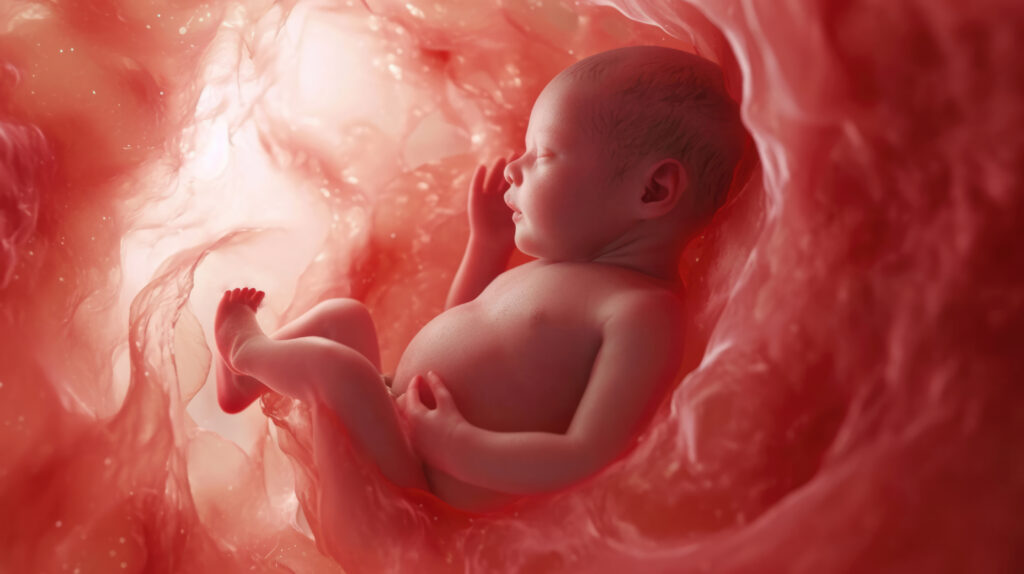U.S. House Votes on Five-Month Pain-Capable Abortion Bill on Second Anniversary of Gosnell Conviction
Today, the United States House of Representatives will vote on the Pain-Capable Unborn Child Protection Act, which would prohibit abortion nationwide at twenty weeks, or five months, into pregnancy based on substantial scientific evidence that the unborn child can feel pain by this time. This historic vote coincides with the two-year anniversary of the conviction of Philadelphia’s “House of Horrors” late-term abortionist Kermit Gosnell.
Now four months since its originally scheduled vote in January on the date of the March for Life, the Pain-Capable bill re-emerges with new and stronger protections for both unborn children and women’s health, addressing concerns from some representatives on reporting requirements.
Among the changes to the bill are significant protections for babies born alive during an abortion. The Pain-Capable bill requires a second physician be present during the abortion to ensure that babies who are born alive receive proper medical care and are transported to a hospital just as premature babies in other circumstances would be.
This measure has been recognized as a “direct response to the case of Kermit Gosnell.” The Philadelphia late-term abortionist was convicted two years ago today of first degree murder of three babies whom he delivered alive during botched abortions, and whom he subsequently killed by “snipping” or severing the baby’s spinal cord from the brain with scissors.
According to the Grand Jury Report, Gosnell performed “hundreds of ‘snippings,’” routinely killing babies into the second and third trimester, with likely “40 percent” of the abortions done on babies beyond 24 weeks old, Pennsylvania’s current legal limit.
While Gosnell’s brutal actions rightly elicited fury and disgust across the nation, the current abortion limits – and lack of limits – in many states would have made his grisly procedures completely legal had he simply killed these babies inside the womb instead of out.
With modern scientific research showing that these unborn children have the nerve pathways in place to feel pain by 20 weeks and that they recoil from painful stimuli, it’s now standard practice for fetal surgeons to administer anesthesia when operating on them in the womb.
Furthermore, medicine has advanced to be able to care for children born very prematurely. In fact, a groundbreaking study published just last week in the New England Journal of Medicine demonstrated that many babies who were born as early as 20 weeks after fertilization – the same babies who would be protected by the Pain-Capable bill – can and have survived with medical treatment.
Abortion rights advocates have challenged state Pain-Capable bills on the issue of constitutionality once a pattern became apparent that many states were introducing these laws. To date, over a dozen states already have five-month, pain-capable laws in effect.
A recent article written by Professor Randy Beck, a Constitutional law scholar at the University of Georgia School of Law, provides four legal arguments for the constitutionality of five-month abortion laws. One novel argument applies the principle of stare decisis (to “stand by things decided”) to a crucial element of the abortion debate and the Roe v. Wade Supreme Court decision – the meaning of “viability.”
According to Prof. Beck:
“[The] principles of stare decisis would support reconsideration of the duration of abortion rights in a case involving a 20-week statute. Precedent endorses revisiting a rule applied in earlier cases where the justifications for the rule were ‘never explored or analyzed in detail.’ The uncertainty of a viability determination makes it an unworkable line to regulate medical practice…”
While many may not yet agree that abortion itself is unconscionable as an intentional killing of a young human life, the moderate Pain-Capable Unborn Child Protection Act is already supported by most Americans – with women supporting it in even higher numbers than men.
The results of today’s vote will tell the world whether the United States is content to remain an outlier as one of the seven countries internationally that allows elective abortion past 20 weeks and whether the United States is content with the brutality of Gosnell’s late abortions; or whether the United States is ready to accept the findings of science and the progress of medicine to welcome unborn babies.
Genevieve Plaster is a Research Assistant for the Charlotte Lozier Institute.

























